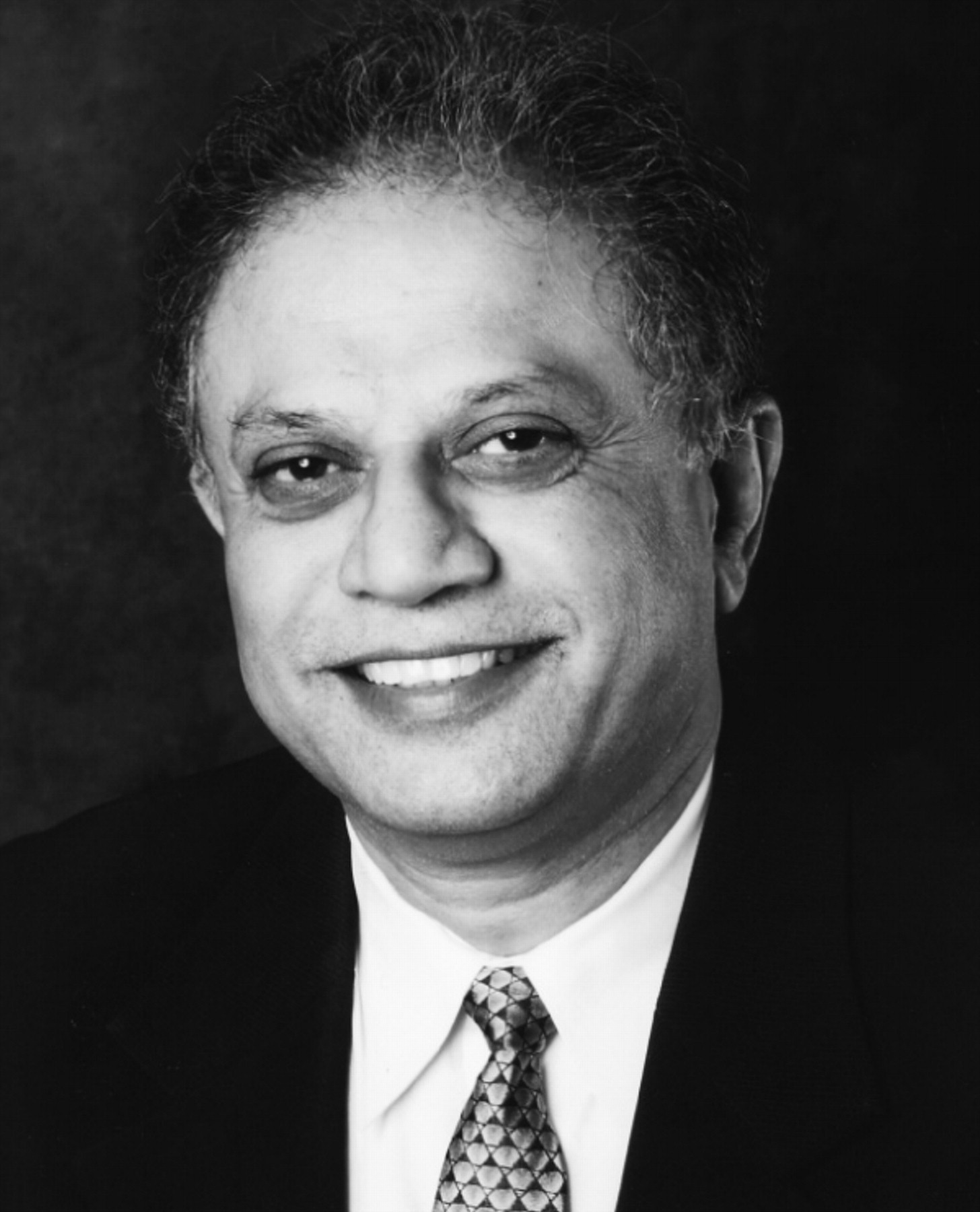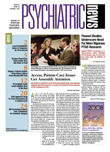“It's the best of times, it's the worst of times.”
On the one hand, our field has never been so vibrant. It is an exciting time to practice and teach psychiatry. The advances in our knowledge and understanding have given us so much more to offer. It is wonderful to see how much more our patients and their families expect as compared to even 20 years ago. We truly are on the threshold of an exciting future.
On the other hand, our profession is under siege. Clinical psychologists have won a few battles. These “nonphysicians” can prescribe psychiatric medications in a couple of states. It boggles the mind, but it is true. And if we are not vigilant and proactive, it may be a very slippery slope for the rest of us in the near future.
On another front, psychiatry even more than the rest of medicine is under attack from managed care. Access to care was always an issue for some, but now even middle-class families are impacted by the exploitation employed by most managed care companies. While their CEOs walk away with multimillion-dollar packages, our patients are put through the wringer just to get what is very basic care in a civilized and affluent society.
A few years ago, along with my colleagues, I started a “free clinic” in a Queens neighborhood for uninsured families. Within weeks our caseload grew to unmanageable proportions. I want the opportunity to fight back with the voice and resources of APA. It is my dream to see full access and true parity for our patients while still active in our careers.
Working in psychiatry for the past 33 years has truly been a wonderful journey. Two psychiatric residencies and a consultation-liaison fellowship at Montefiore Hospital in the Bronx followed one another in quick succession. However, my learning process continued with added training and certifications in addiction psychiatry, geriatric psychiatry, forensic psychiatry, administrative psychiatry, and psychosomatic medicine. I sought and obtained additional training in clinical hypnosis, group psychotherapy, and psychodrama. To this day, I seek out courses in aspects of our specialty that seem interesting or useful. I am glad that my thirst for knowledge is as robust as it was during my training years.
Several years ago, I was given the unique opportunity to build our Department of Psychiatry from the ground up. Here my creativity and professionalism were put to test, and I am pleased to report that what started as a one-employee department then is today 70 psychiatrists strong and stretches across three major teaching institutions with two full-fledged residency programs and two fellowship programs—one in child psychiatry and the other in psychosomatic medicine. Our residents are our future, and I have made sure that all our residents are members-in-training of APA. My role as chairman involves administrative, teaching, research, and clinical responsibilities. In addition, I have maintained a private practice for the past 27 years, where I have earned the trust and respect of several patients and their families.
I believe that APA is the best hope we have for our patients and ourselves. However, in the last 40 years APA voting has dropped from over 60 percent to under 30 percent. Our strength and credibility lies in our numbers and our enthusiasm. It is important though painful to note that several of our colleagues feel disconnected and removed from APA and its leadership. Many do not see the value of being part of organized psychiatry. Many have dropped out. It will be priority #1 for me to reach out to all fellow psychiatrists. Working to increase membership and enhancing the perceived and real value of that membership will be a primary goal.
“Ultimately all politics is local....”
I will continue to serve the needs of New York state psychiatrists. There are some issues that are distinctly geographic and regional. I am familiar and sensitive to those, and have served at the district branch and state levels for several years.
I am especially drawn to issues around residents and their education. Following the example of Brooklyn and N. Y. County, I founded the Scientific Paper Contest initially in Queens County and this year at the New York state level.
Given the honor of representing you on the Board, I will do all I can to advocate for our profession, our patients, and their families.
I ask for your vote.
Primary Professional Activities And Sources of Income
Professional Activities
•.
80%—Medisys Health Network (Jamaica, Brookdale, and Flushing Hospitals and the Advanced Center for Psychotherapy)
•.
50%—Patient care, research, and teaching
Income
•.
80%—Medisys Health Network

